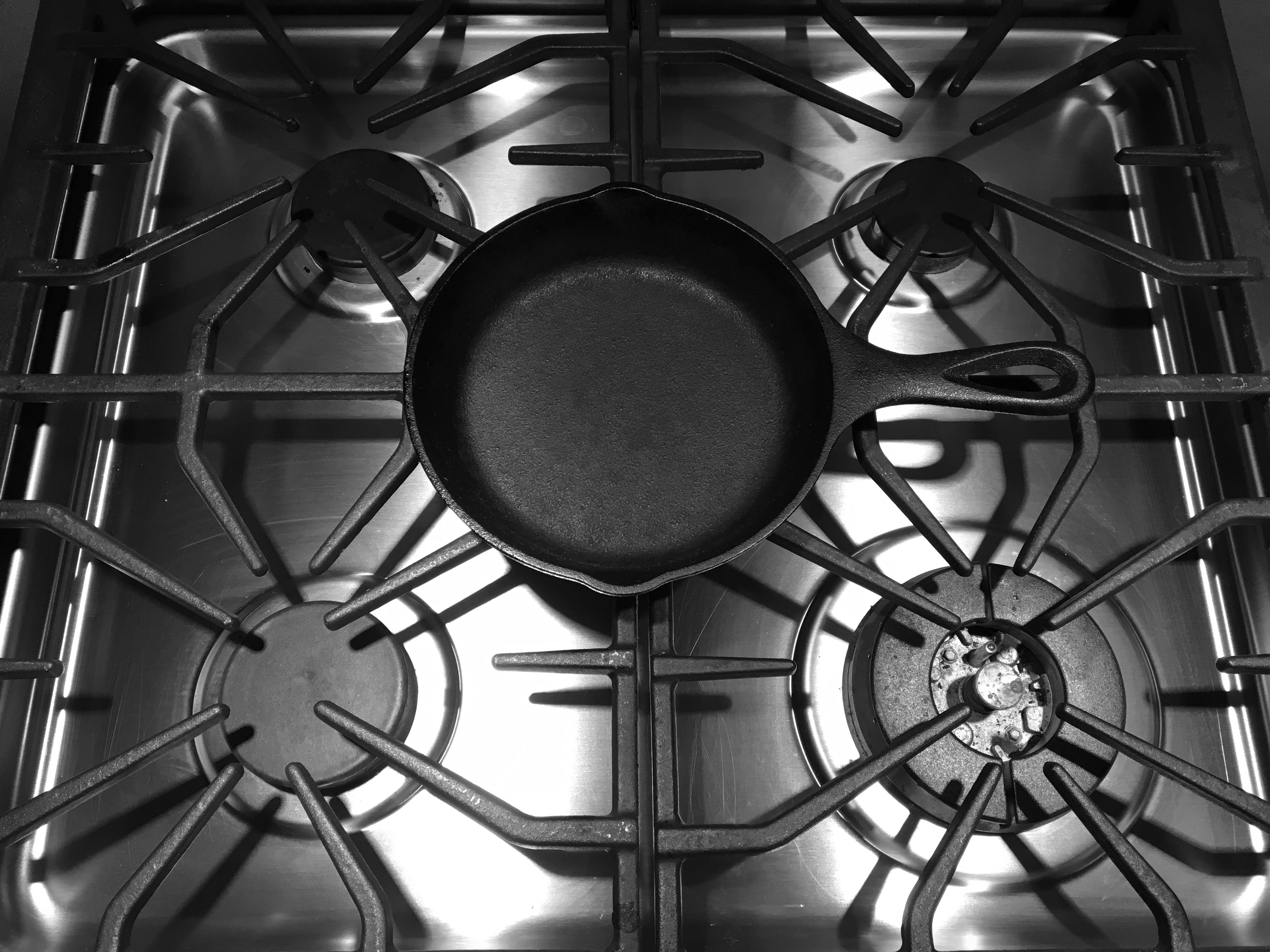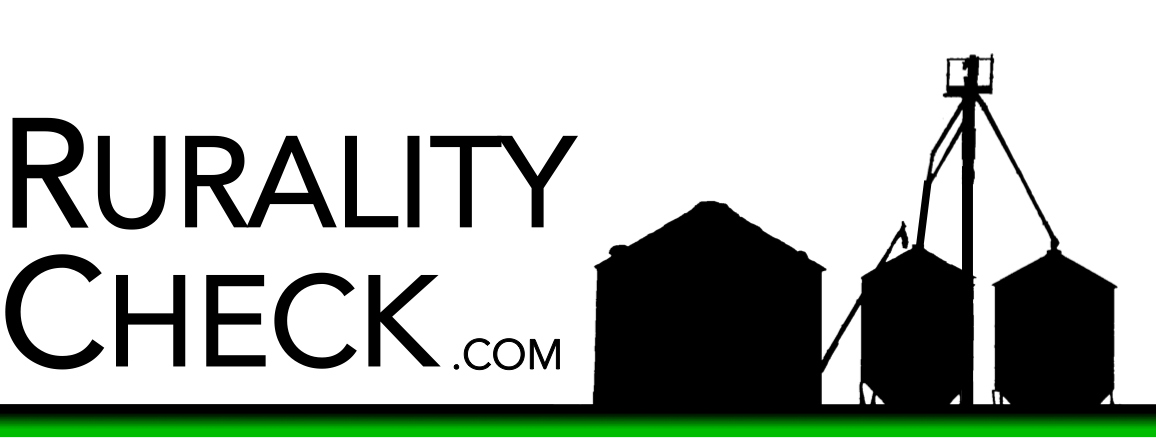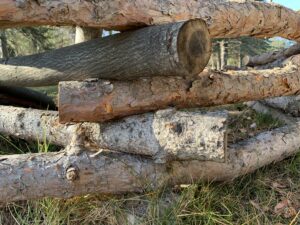
When my son was born, my wife and I decided that one of us should stay home with him. Because she makes more money than I ever did, I went from climbing the professional ladder to playing Chutes and Ladders.
That was years ago. I’ve been our son’s primary caretaker since he was four months old. No daycare, no preschool. Just me. (And my wife, sometimes, of course.)
So, when people talk about the sacrifices of being a parent, I think I understand. I was my son’s principal playmate for years. I left a job for life, for which I was highly trained; I later took a job as a liquor-store lackey just to interact with people who weren’t two years old. Or, later, five years old. My life is not a tragedy, but these have to qualify as sacrifices, even if not on a grand scale.
On some scale, though, it’s been tough. Especially when my wife has a brutal work schedule, with twenty-four-hour calls. Especially in the subzero winter, when playing outside with a toddler is unappealing, or maybe a bit unsafe. Parenting, particularly full-time, can be hard.
But it’s easy compared to how it used to be.
I half-lament my day-to-day life as a stay-at-home parent, and I routinely hear other people half- or fully lament their lives as stay-at-home parents. But we all have dishwashers. And washing machines. And buy our food at the supermarket in convenient packaging. And cook that food in a microwave, or on a push-button stove, or in a push-button oven.
Our ancestors are laughing at us. Or crying, maybe.
Imagine doing all of this the way people have done it for, say, the overwhelming majority of human history. Which is to say, the way many people still do it in less developed parts of the world. Or even more rural parts of the world. These people would be on easy street with just a fraction of the technology that we enjoy.
My grandmothers, both of them, raised families without, say, dishwashers. Far past that, my father remembers when his family got running water, and he’s the youngest of six. That means that my grandparents raised six infants without running water. This, umm, differs from my experience. Significantly.
And they were probably grateful that they had electricity.
So, “homemaking” isn’t what it used to be. And that means the “homemakers” aren’t what they used to be, either. I have been a “homemaker”—more like “homefaker”—for years, and I probably have the same set of household skills that my grandmothers had when they were about, say, six years old.
The differences here run deep. For example, I don’t bake bread, let alone keep a starter. Let alone bake it in a wood-fired oven. Actually, I haven’t started a wood fire inside an oven, ever. I haven’t cooked with a fire at all since Scouts, when the results bordered on inedible. More to the point, our oven is self-cleaning. It has settings. And a light. It beeps.
The differences are wide-ranging, too. I haven’t sewn since Home Ec. I push buttons on a washing machine. Our well is electric. I’ve needed to iron maybe four times in my adult life. We own more than one vacuum cleaner. Most of our pans are non-stick. (I use cast iron sometimes, to be cool.) We have a mini-pharmacy in our bathroom.
I. Shop. On. Amazon.
This list is not exhaustive, to put it courteously. But suffice it to say that I lack a lot of skills that used to come with homemaking. In the old days, when a man came in from work at night, he knew his place. The kitchen was the woman’s domain—she had skills there that he did not. In the kitchen he was worthless; she was invaluable. Sure, maybe she wasn’t going to shingle the roof, but don’t touch her pans—you have no business being in here. You’re going to wreck something. For symmetry, she’ll leave your tools alone, not because that’s “man’s work,” really, but because she’s got enough to worry about in here.
Not so in my house, and for good reason. My wife, successful professional, arrives home and is immediately on a level playing field with me. You know, because she can also push buttons. It’s okay—we remember how we got here: neither of us thought that I should stay home because I was my grandmother’s version of domestic. Frankly, my wife is just more valuable in the economy than I am, so here I sit. Our son is getting our family’s less-valuable caretaker. Sorry, Bud.
(As a side note, and as mentioned, because our situation resembles a kind of gender-role reversal compared to my grandmothers, my lack of utility in the home is not a source of friction between my wife and me. If anything, my wife is probably just grateful that I stay home at all. However, I can imagine that this would play out differently in homes where the homemaker, or homefaker, is female. In the context of traditional gender roles, I’m living a lie—my beard gives me away—but that lie is based on an honest assessment of my economic value, or lack of value, compared to my wife in the marketplace. If I were female homefaker and just as worthless by Grandma’s standards, I wonder if I would feel societal disdain for my worthlessness, or if I would take offense more easily when the subject came up. Or, I wonder if I, as a man, would take offense more easily if I hadn’t had a career first, if this was my “only job.” Seriously, I wonder.)
Circling back, I think the homemaking example is especially interesting because it’s not just about technology, really. My grandfathers, both farmers, had more primitive farm equipment just like my grandmothers had more primitive homes. Grandpa had no GPS in his tractors, for example. (He grew up with horses, actually.) He worked harder in a literal, physical sense, than most farmers do today. He had a different set of skills and knowledge than today’s farmers, too.
But there’s a difference. Farmers today, with their sixteen-row headers and eighty-foot booms, farm a lot more acreage than my grandfathers did. And produce a lot more food per acre, too. Me? I don’t raise more kids because I have push-button appliances. In fact, parents these days raise fewer kids than my grandmothers’ generation did. Despite how much easier life is, we do the same amount of work, or less.
Again, they’re laughing at us.
It turns out that family is not an economy of scale. As technology improves, we can ramp up production of corn or whatever widget outside the home, but we don’t ramp up production of children inside it. Sure, we maybe create some efficiency by sending our kids to specialized daycare providers so we can do our own specialized jobs for more money. (Though, these days, that prospect becomes harder and harder, for several reasons.) Also, we might dump more resources, both money and time, into each of our children. Sure. But in general, we don’t apply typical metrics of production and efficiency to raising our kids, and for good reason. My wife’s and my decision for me to stay at home, for example, wasn’t just about money, or efficiency of raising our son—it was about qualities, or quality, that has little to do with maximizing output.
And maybe there’s a bigger point there. As our technology improves, or at least increases, we have to redefine what “work” is, as well as what “economic work” is. I can tell you firsthand that raising a kid is work. But I don’t expect people outside my home to pay me for it, because it benefits nobody but people inside my home, people who share my genes. Biologically, that makes it a pretty self-serving kind of work, actually, which is why my family values it more than anyone else does. That’s also why my family doesn’t apply typical economic reasoning to that kind of “work.” It’s hard, and it’s important, but we’re producing a good or a service that is most valuable in our hearts and minds, rather than in the marketplace. It’s selfless and selfish at the same time.
But parenting today still feels hard, yes? Sure, but it’s a different kind of hard. When I worked in a nursing home, I saw old farm-women (and old-farm women) whose bodies were just worn out from decades of Work. I capitalize it here because it fits all the definitions of physics, mental toil, and utility within the household, even if it didn’t fit the definition of work in the marketplace. These women earned my respect, I think, by sacrificing their bodies for family, for wearing down their joints mixing and beating and lifting and straining and scrubbing. As a result of that Work, they spent old age living in a dark, carpal tunnel of pain, with no light at the end. These were real costs, and they were steep.
My costs are mere opportunity costs, the costs associated with being “bored.” That is, I used to have the stimulation of a career, but in its absence I have the double-whammy of so much free time as a result of my push-button life, and I spend all of that free time with only one child, not six.
Yeah, I need to get over that. (Hey, Jensen, stop complaining and go start a website, or something. Sheesh.)
Suzy Homemaker? Yeah, no. Call my grandmothers Suzy Homemaker, and snicker if you want, but their brand of homemaking was legitimate. It was hard, and actually hard. Those women, and women of that generation, earned and demanded some respect.
Me? Not even. Instead, call me Suzy Homefaker. I’ve earned it. Or haven’t earned it, which is the same thing.
Now excuse me—I’ve gotta text my wife to see what she wants me to pick up for dinner.

P. A. Jensen is editor of RuralityCheck.com.
He lives in northern Minnesota with his wife and son.



